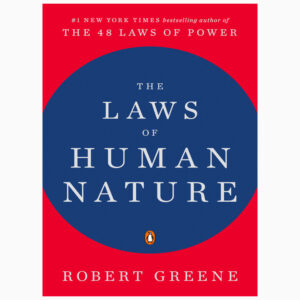Description
Beacons of judiciary transformation book by Chief Justice Willy Mutunga
This remarkable book contains over 60 speeches, seven judicial opinions, and three academic articles of Chief Justice Willy Mutunga written during his tenure as Chief Justice and President of the Supreme Court of Kenya from 2011 to 2016. Edited by Prof. Sylvia Kangara, Duncan Okello and Kwamchetsi Makokha, the book is a tour de force of Chief Justice Willy Mutunga?s remarkable career as the first Chief Justice under the 2010 Constitution and his efforts to transform the Judiciary, but also his role as an unrivalled leader of civil society movements in Kenya, thinker, academic, reformist and much more.
The speeches, judicial opinions and academic articles are divided along the themes that resonate across Chief Justice Mutunga?s career: People, Participation and the Law; Gender Justice; the Legal Profession; Dialogue with Judges, Magistrates, Kadhis and Staff; Judicial Accountability; Jurisprudence; Elections; Expanding the Footprint of Justice; Inter-Governmental Relations; the Elite and the Academy; Nationhood; Youth Culture and the Arts; International Judicial Diplomacy; and of course Beacons for the Future. It is those Beacons for the future from which the title of this book is derived.
This book therefore reflects Chief Justice Willy Mutunga?s commitment to what he calls the beacons of the 2010 Constitution. His own tenure as Chief Justice exemplified those beacons of alternative political leadership including incorruptibility, integrity, equitable distribution of resources among all people in the county, particularly minorities, and promotion of the sovereignty of the people through deep and committed public participation.
Anyone who wants to understand why Kenya?s 2010 Constitution was so overwhelmingly ratified by the people of Kenya, how to interpret and understand it as well as what it means across a whole range of domains will find this book absolutely indispensable.












